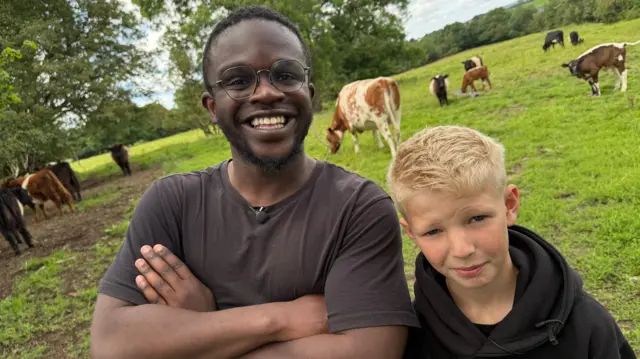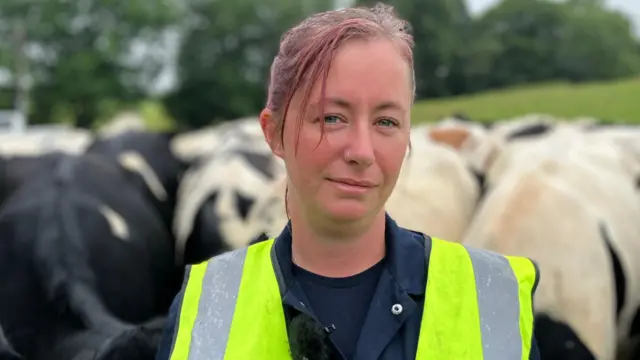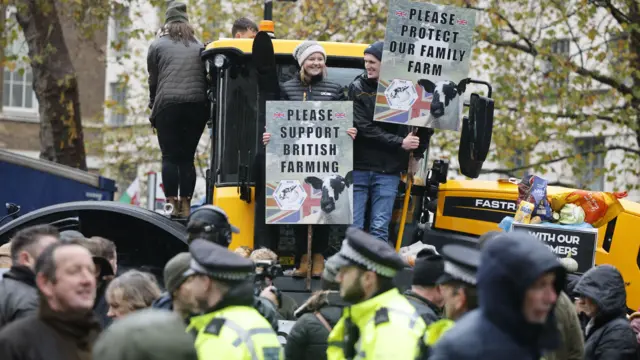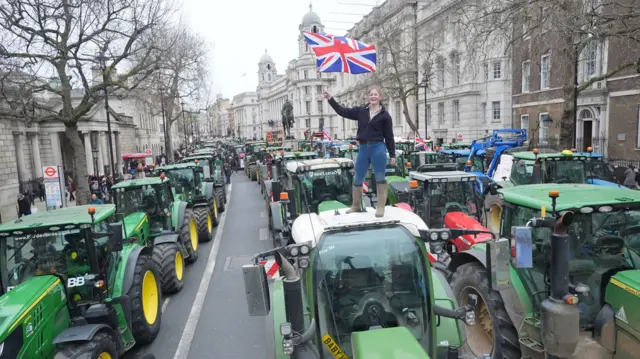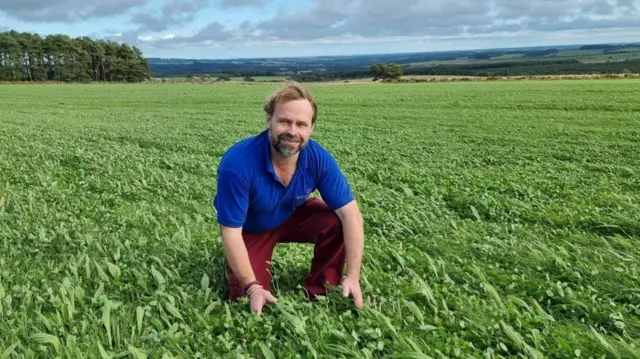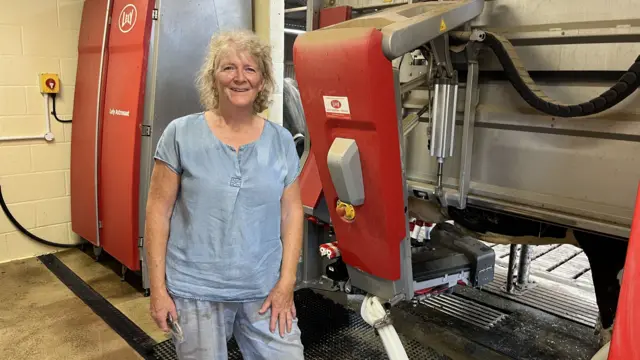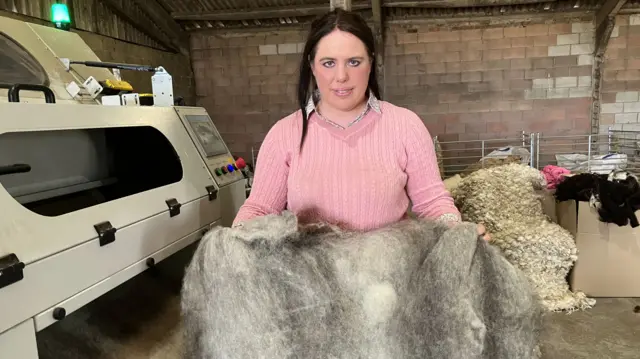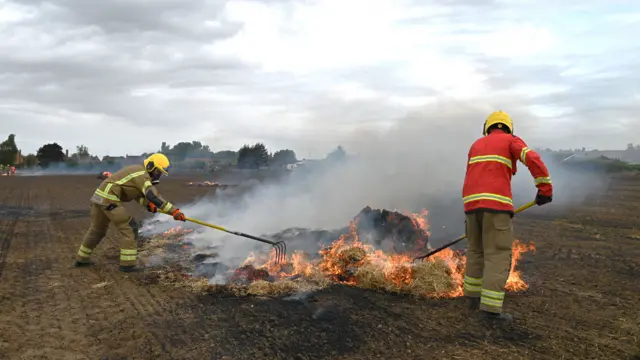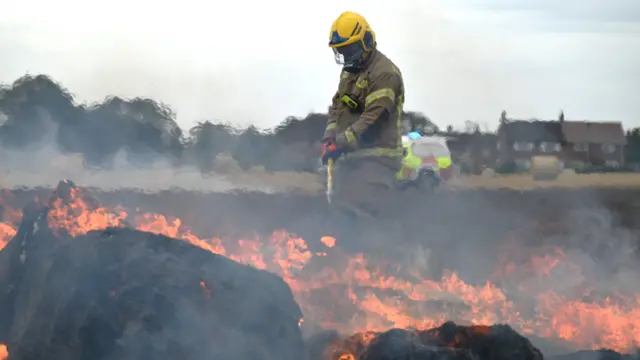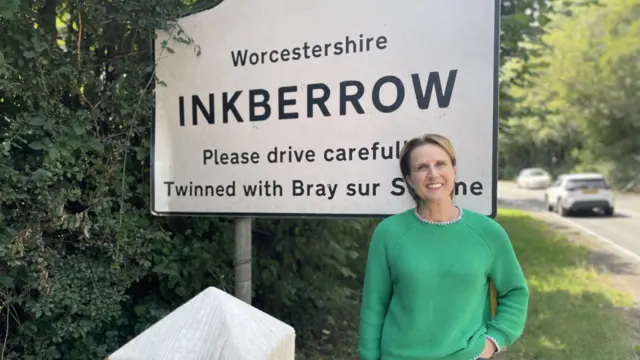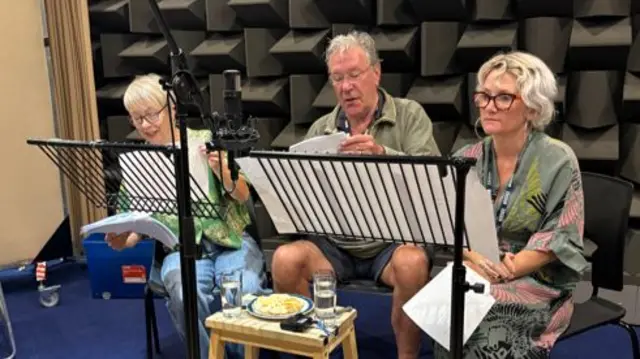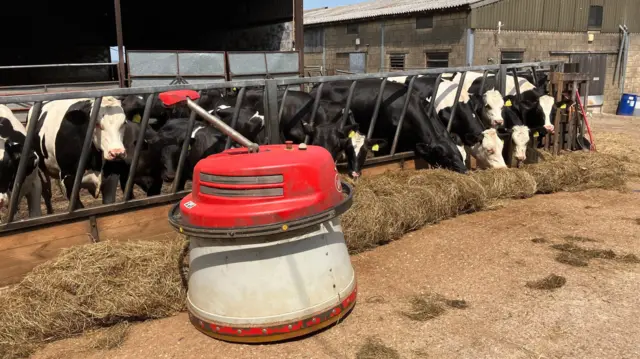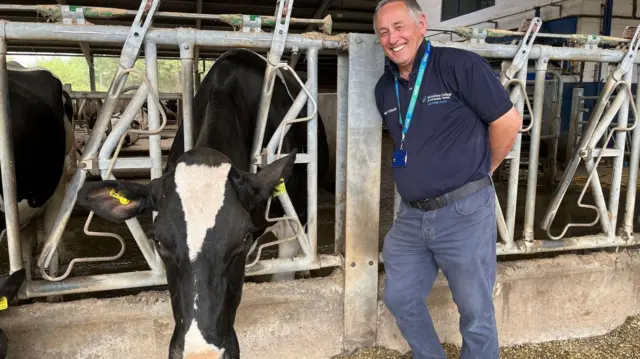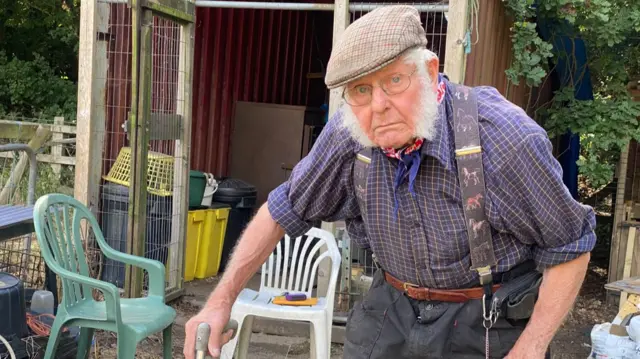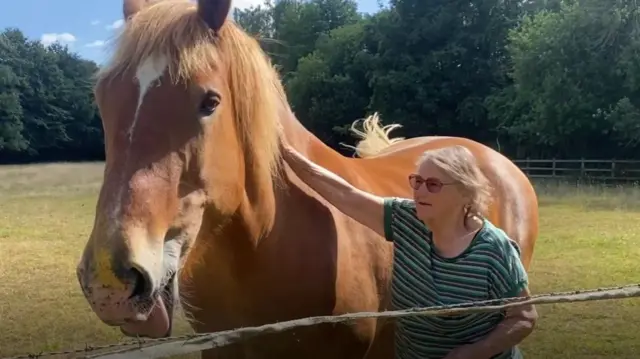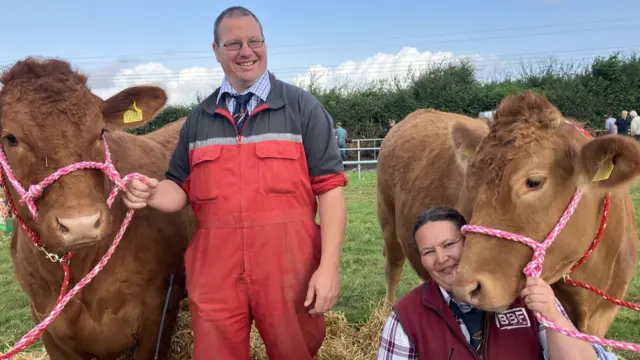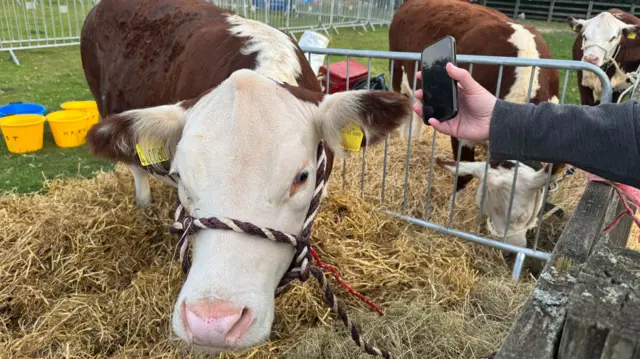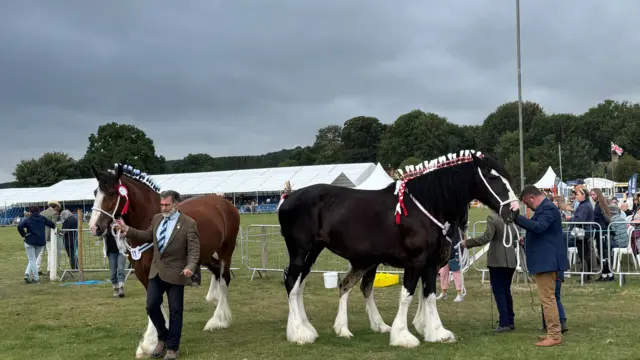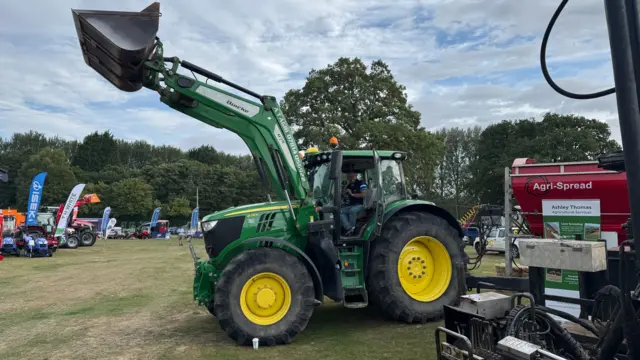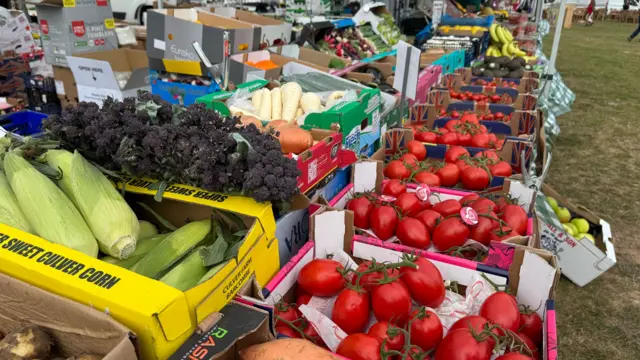Listen out for more Farmwatch coveragepublished at 18:56 BST 7 August
It may be time for our live page to close, but there’s still more to come from Farmwatch 2025.
Tune in to any one of our BBC Local radio stations in England now to join Clarkson’s Farm star Harriet Cowan and the Great British Bake Off star Mike Wilkins for Farmwatch: Job Swap.
You can listen live - and also catch up later - via BBC Sounds.
From 22:00 BST, it’s the Late Show with Becky Want who’ll be sharing highlights from our coverage throughout the day.
And the BBC's Farmwatch Sounds page has a great selection of stories from farmers all over the country - you can subscribe and listen anytime on BBC Sounds.
Thank you for joining us – and don’t forget to listen out for tonight's episode of The Archers, when Farmwatch even makes its way to Ambridge.

